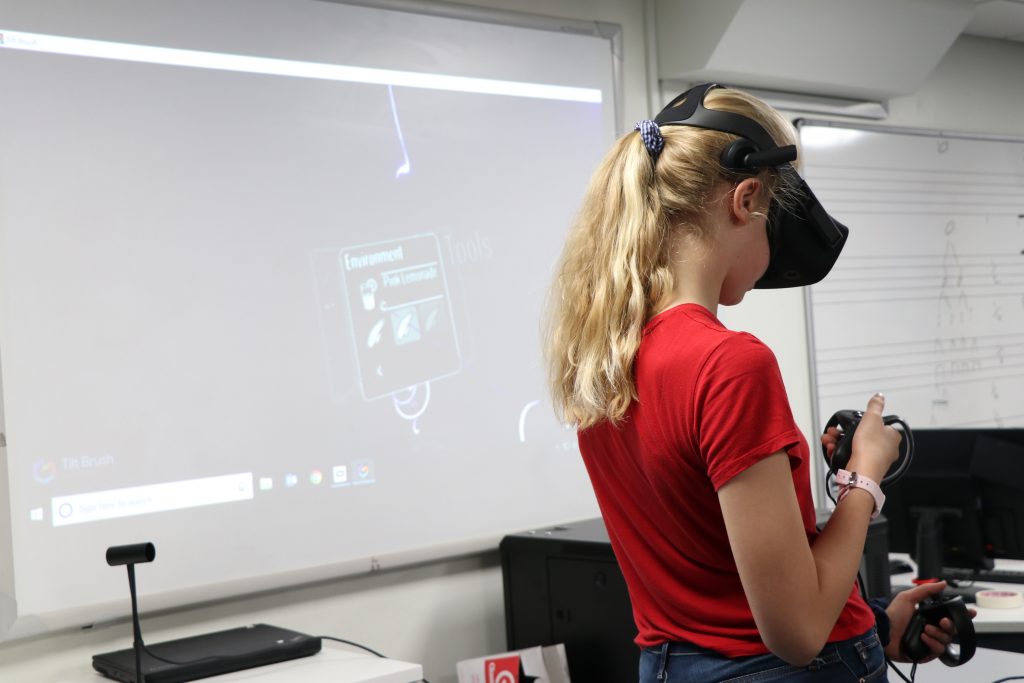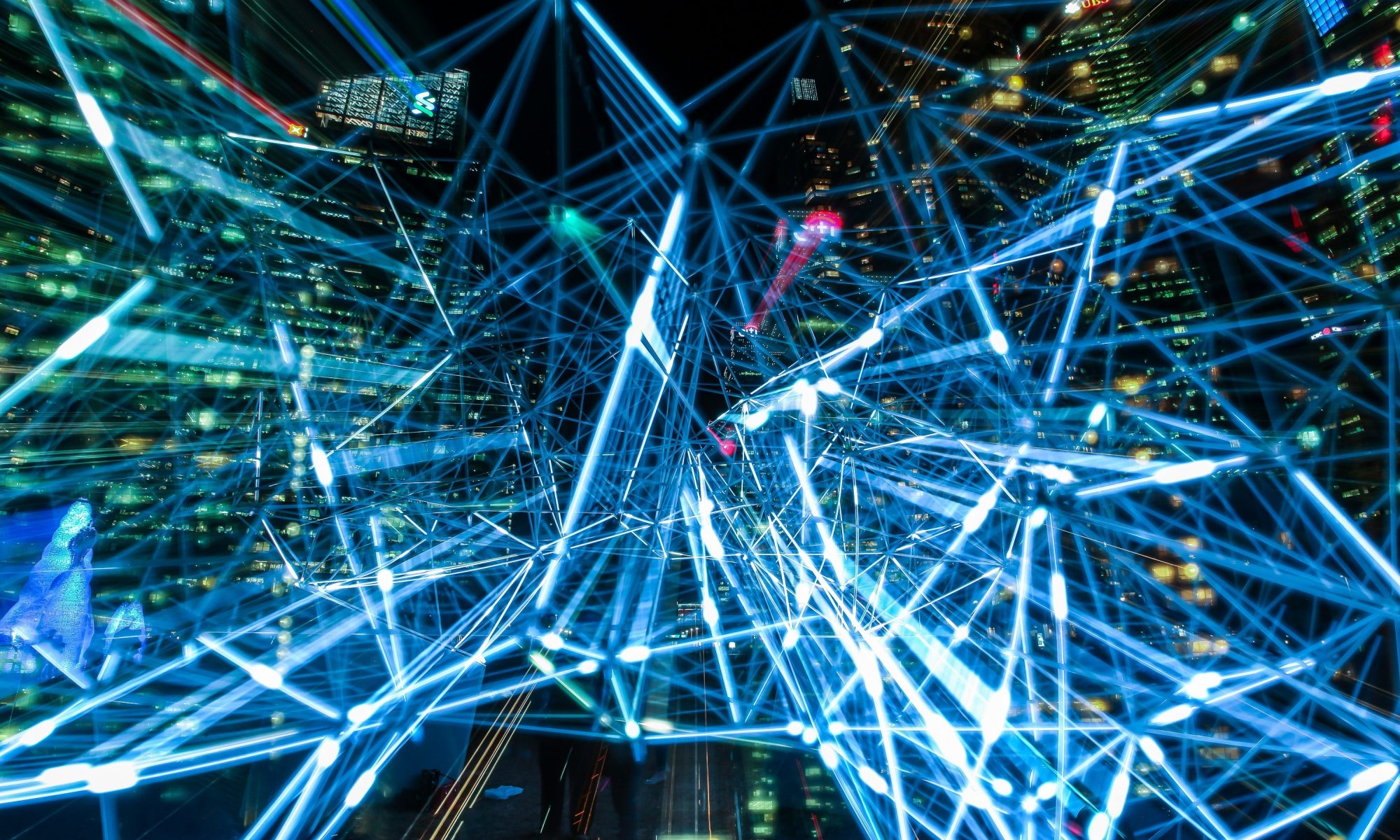Claire Boyd, Head of Junior School, reflects upon the emotional response pupils, teachers and parents may experience as artificial intelligence, big data and augmented reality looks sets to change the educational landscape.
It seems to me that we can be in no doubt that the educational zeitgeist of the moment is the potential that artificial intelligence, big data and augmented reality holds for education. As Ben Turner, Assistant Head Pastoral, explored on the pages of this blog last month, the take-home message from the keynote speakers at September’s Grow 2.0 conference, was the unprecedented scope of new technologies to create a bespoke, tailored learning experience for individual learners.
The same sentiments were echoed by Priya Lakhani, CEO and founder of Century Tech, on stage at the annual conference of the Independent Association of Prep Schools in central London a fortnight ago. Patel evangelised on the capacity AI holds to democratise education and remove silos of learning from classrooms around the world.
Much closer to home, my path across the playground from the Junior School to Senior School each day serves as a compelling reminder of the exciting and progressive space Wimbledon High School is giving to pursue a new, non-binary approach to teaching the disciplines of science, technology, engineering, art and maths; creating space for new approaches of innovation and collaboration to flourish through Project Ex Humilibus. The cumulative effect of these realities cast a different landscape of education with which many parents and teachers in our school community will identify. Whilst recognition that the traditional ‘factory’ model of education, in which knowledge and skills are played off against one another as learners are spoon-fed a linear curriculum of discrete subject teaching, is outmoded and anachronistic, there is little clarity on the reality of what an AI, data-led education system will offer is not yet certain.

With wearable technologies and virtual home devices such as Google Home and Alexa becoming increasingly commonplace in households around the country as well as ‘customers who bought this also liked’ recommendations par for course of our online shopping experiences, the creeping pervasiveness of data driven AI devices is changing the face of many of our everyday transactional experiences beyond recognition. Heralded for the part these developments play in increasing convenience and expediting smart-living, the contribution these new products are making to modern life is widely celebrated across mainstream society. When the capacity and functionality of these data-driven technologies are applied to the educational realm, I wonder how closely the positive reception will be matched? How comfortable are we with the diagnostic skills of AI-driven learning technologies being applied to the classroom environment, taking up residence in the learning space traditionally driven by the expertise of the teacher as the professional?
Throughout history, schools, universities and other educational institutions have provided space for progressive ideas to germinate and new approaches to intellectual and emotional development to evolve. With this in mind, can it not be that the advantages afforded to us in our personal lives by big data and AI can be replicated in the spheres of learning and education? The potential for AI to collect, collate and analyse the data of individual learning profiles and build personalised learning pathways of attainment, progress and development is so large in scale that the possibilities for bespoke education is infinite.
The advent of AI in education should also not be feared because of what it represents for teachers and the teaching profession more widely. Instead of viewing this new frontier with apprehension or scepticism, we should, as school communities, feel excited and energised about what lies ahead. This is because, when most people are asked to consider the favourite teacher of their school days, their responses will most commonly focus upon the way that teacher made that individual feel; the way the believed in them and empowered them to achieve an ambition or succeed at something they would not otherwise have achieved. It is this capacity for relationship creation, based on the nuances of emotional intelligence and the domain of human-specific skills such as meta-cognition and social intelligence that human and the artificial hold the potential to equip the children of today with the springboard for the unfettered success in the future. In the words of UCL’s Prof Rose Luckin, the “holy grail for education in the future is accurately perceived self-efficacy”.

